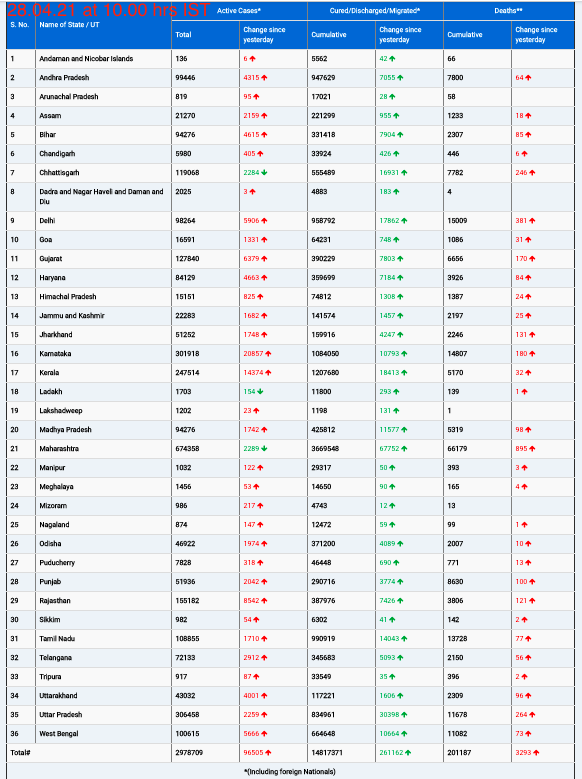Cases of whooping cough, or pertussis, are climbing at the fastest rate in years across the U.S. as students return to school, according to a report released by the Centers for Disease Control and Prevention (CDC). For the week ending September 14, a total of 291 new cases were reported nationwide, marking a significant resurgence of the bacterial infection.
New York saw the highest number of new cases, reporting 44 infections, followed closely by Oklahoma with 40 cases, Ohio with 39, and Pennsylvania with 38. The latest figures mark the highest case numbers seen since 2015, when the U.S. was recovering from a large outbreak the year prior.
Alarming Spike in Infections
This year has already recorded 14,569 pertussis cases, which is more than four times the number reported by this time in 2023. Health officials have expressed concern about breakthrough infections in older children and adults, despite vaccination efforts. While unvaccinated young children and newborns remain the most vulnerable, teens and adults are contributing to the current surge.
Vaccination and Waning Immunity
The recent spike in cases has been attributed to waning immunity from current vaccines. The U.S. switched to a pertussis vaccine in the 1990s that causes fewer side effects but is less potent than earlier versions, leading to reduced long-term protection. Health experts note that, while the vaccine prevents the most severe outcomes, its efficacy diminishes over time, leaving older children and adults more susceptible.
In Pennsylvania, high school students have fueled a large portion of the state’s outbreak. The Pennsylvania Department of Health emphasized that waning vaccine protection and delayed diagnosis by adult healthcare providers have contributed to more severe cases, hospitalizations, and co-infections among older populations.
Teenage Cases on the Rise
Similar patterns are emerging in New York, where teens aged 15 to 19 account for 40% of the cases outside of New York City. Oklahoma, which has seen one of the most significant jumps in cases, has reported infections in individuals as old as 86. These trends suggest that pertussis is no longer just a childhood disease but increasingly affects older age groups.
Efforts to Develop More Effective Vaccines
The resurgence in whooping cough has prompted the U.S. Food and Drug Administration (FDA) to explore the development of more effective vaccines. An FDA advisory panel is scheduled to meet to discuss the potential for booster vaccines targeting adults. Currently, the CDC recommends several doses of the pertussis-containing Tdap vaccine, with booster shots every 10 years for adults.
Health Officials Urge Caution, Not Panic
Despite the concerning rise in cases, health officials stress that there is no need for widespread panic. “Despite the resurgence of pertussis, current rates of disease are very low relative to the rates reported during the pre-vaccine era,” FDA officials noted.
Still, experts urge vigilance, particularly in ensuring that individuals remain up-to-date on their vaccinations. As the U.S. continues to navigate this uptick in cases, the focus remains on both protecting vulnerable populations and preventing further outbreaks.











